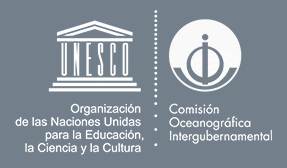Displaying 893 results.
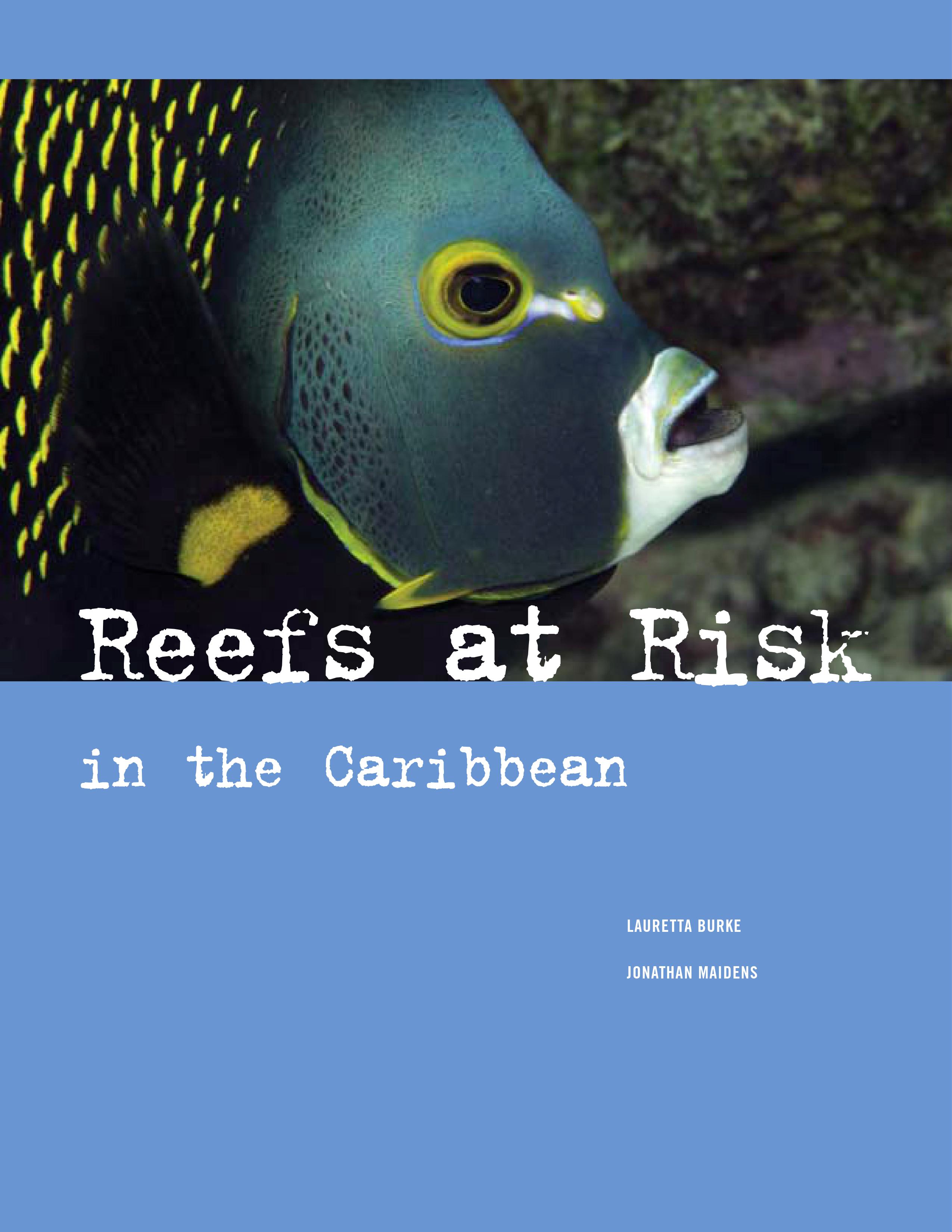
Reefs at Risk in the Caribbean
The Reefs at Risk in the Caribbean project was launched to help protect and restore these valuable, threatened ecosystems by providing decision-makers and the public with information and tools to manage coastal habitats more effectively. The project focuses on compiling, integrating, and disseminating critical information on these precious resources for the entire Caribbean region. This information is intended both to raise awareness about the threats to and value of Caribbean reefs and to encourage greater protection and restoration efforts.
Author: Burke, L., Maidens J.
Year: 2004
Keywords: coral reefs, fisheries
 7
7


 Report issue
Report issue
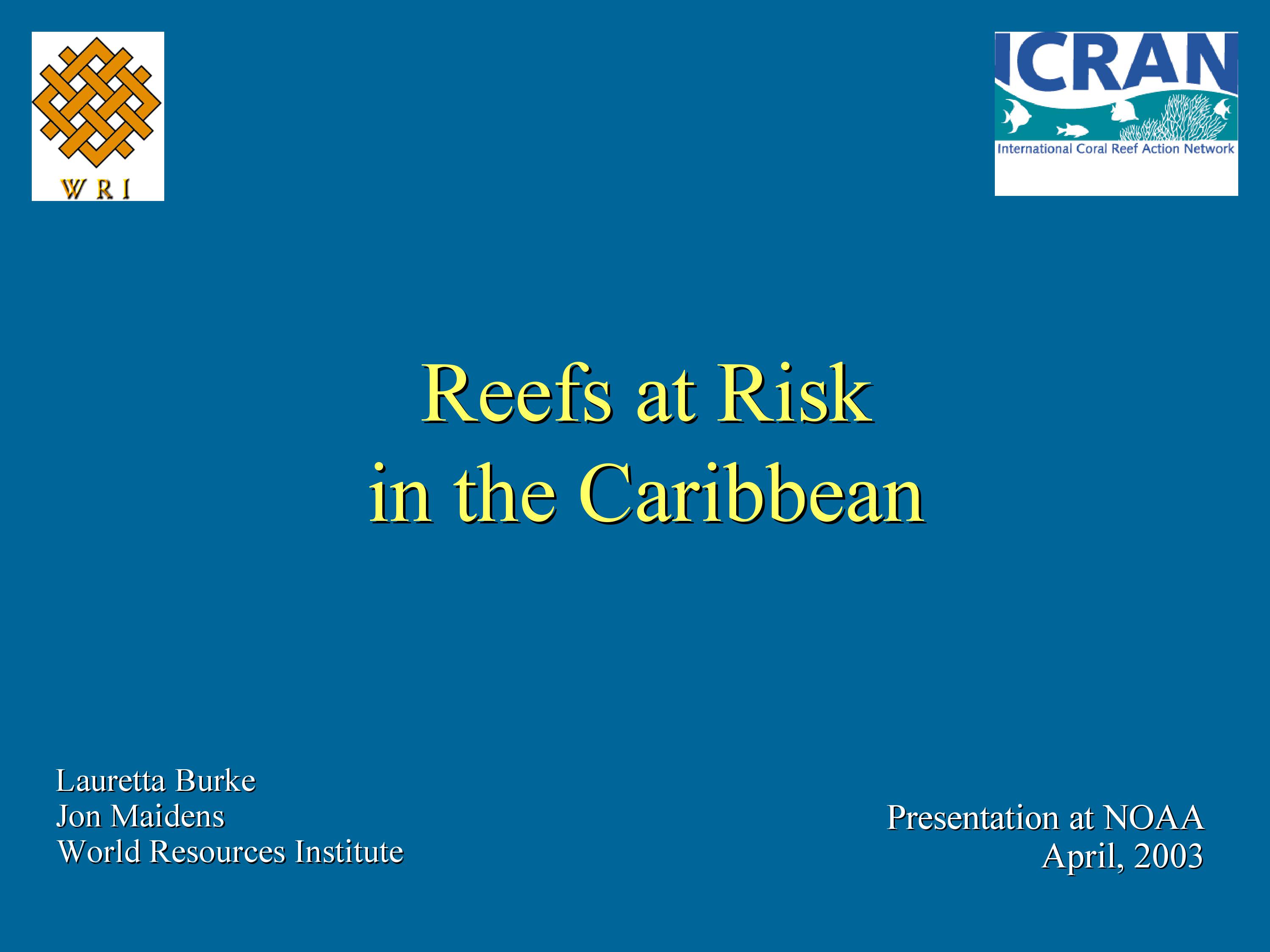
Reefs at Risk in the Caribbean – Presentation at NOAA April 2003
Author: Burke, L.
Year: 2003
Keywords: coral reefs
 3
3


 Report issue
Report issue
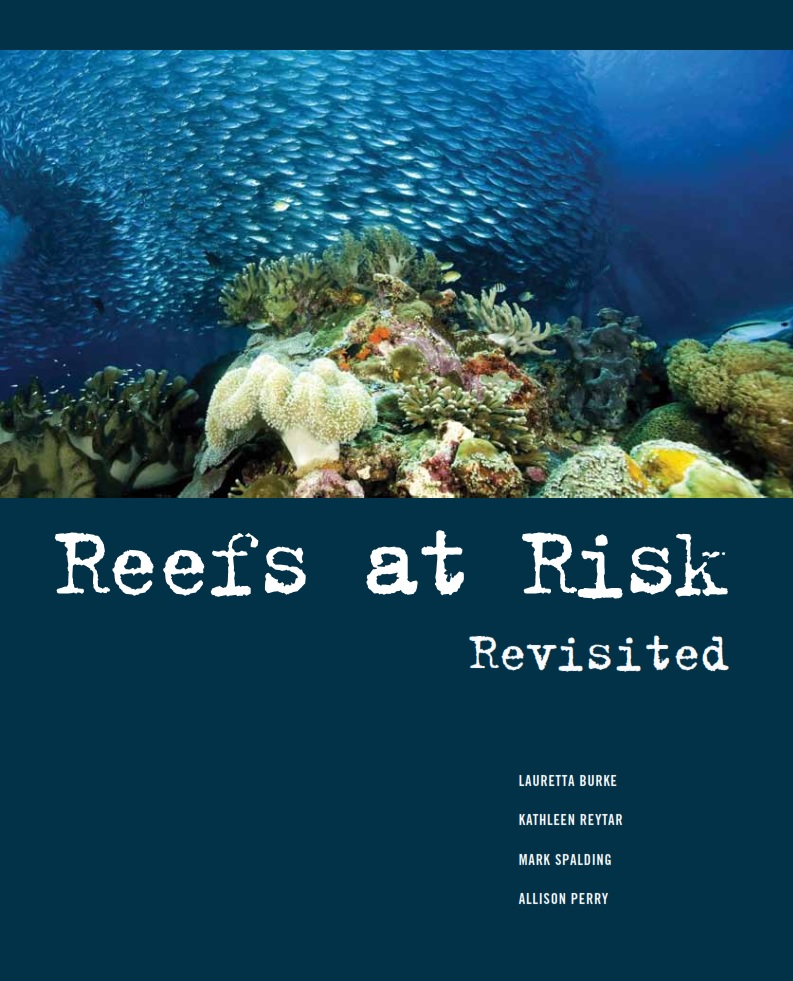
Reefs at Risk Revisited
This report provides a detailed assessment of the status of and threats to the world’s coral reefs. It evaluates threats to coral reefs from a wide range of human activities, and includes an assessment of climate-related threats to reefs. It also contains a global assessment of the vulnerability of nations and territories to coral reef degradation.
Author: Burke, L., Reytar, K., Spalding, M., Perry, A.
Year: 2011
Keywords: coral reefs, fisheries
 5
5


 Report issue
Report issue
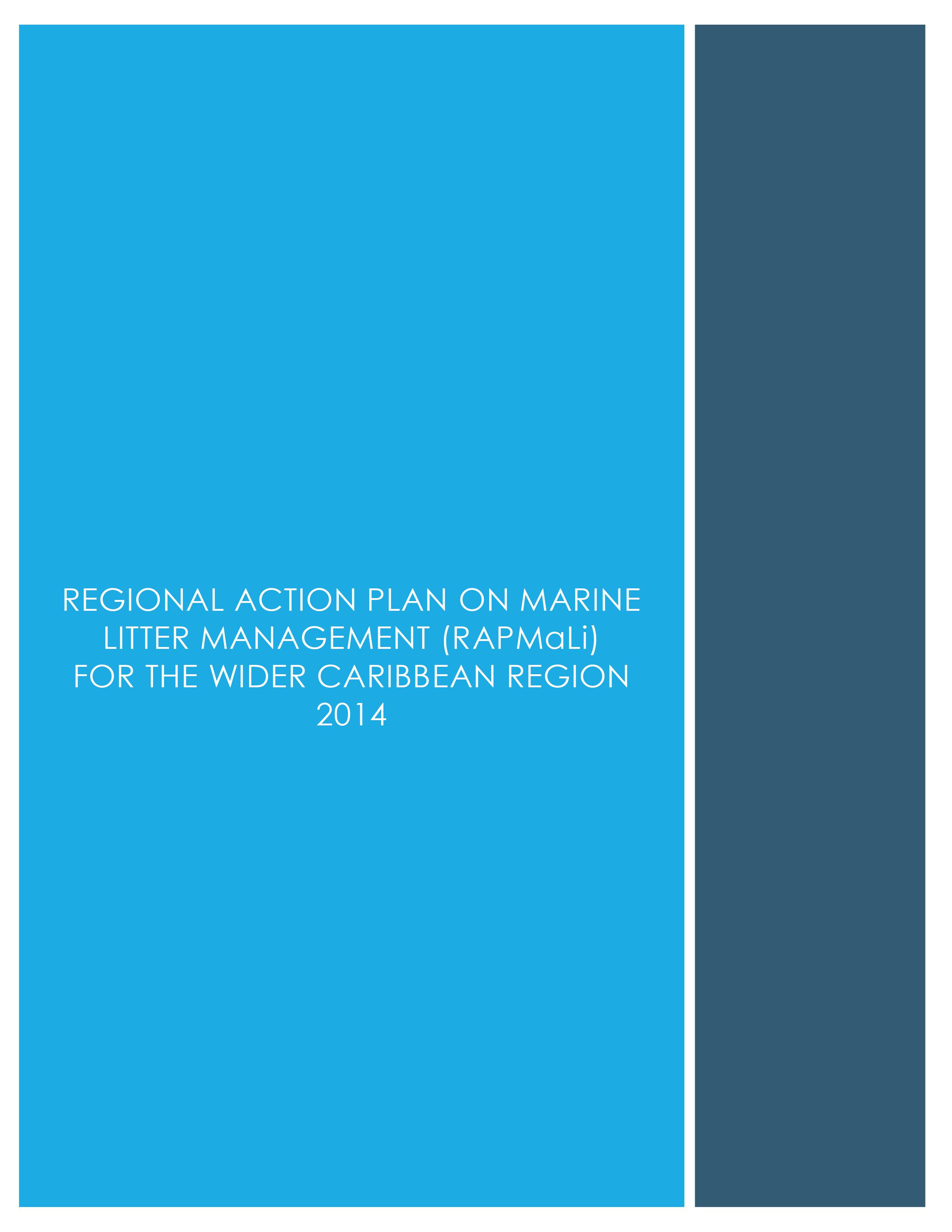
Regional Action Plan On Marine Litter Management (RAPMaLi) For The Wider Caribbean Region 2014
This document provides an update to the 2008 “Marine Litter in the Wider Caribbean: A Regional
Overview & Action Plan” (RAPMaLi). The regional overview and development of the 2008 RAPMaLi was part of an initiative conducted by the United Nations Environment ProgrammeCaribbean Regional Coordinating Unit (UNEP-CAR/RCU) with financial support from UNEP’s Regional Seas Programme and the UNEP Global Programme of Action.
Author: Corbin, C., and Wedemier, S.
Year: 2014
Keywords: pollution
 4
4


 Report issue
Report issue
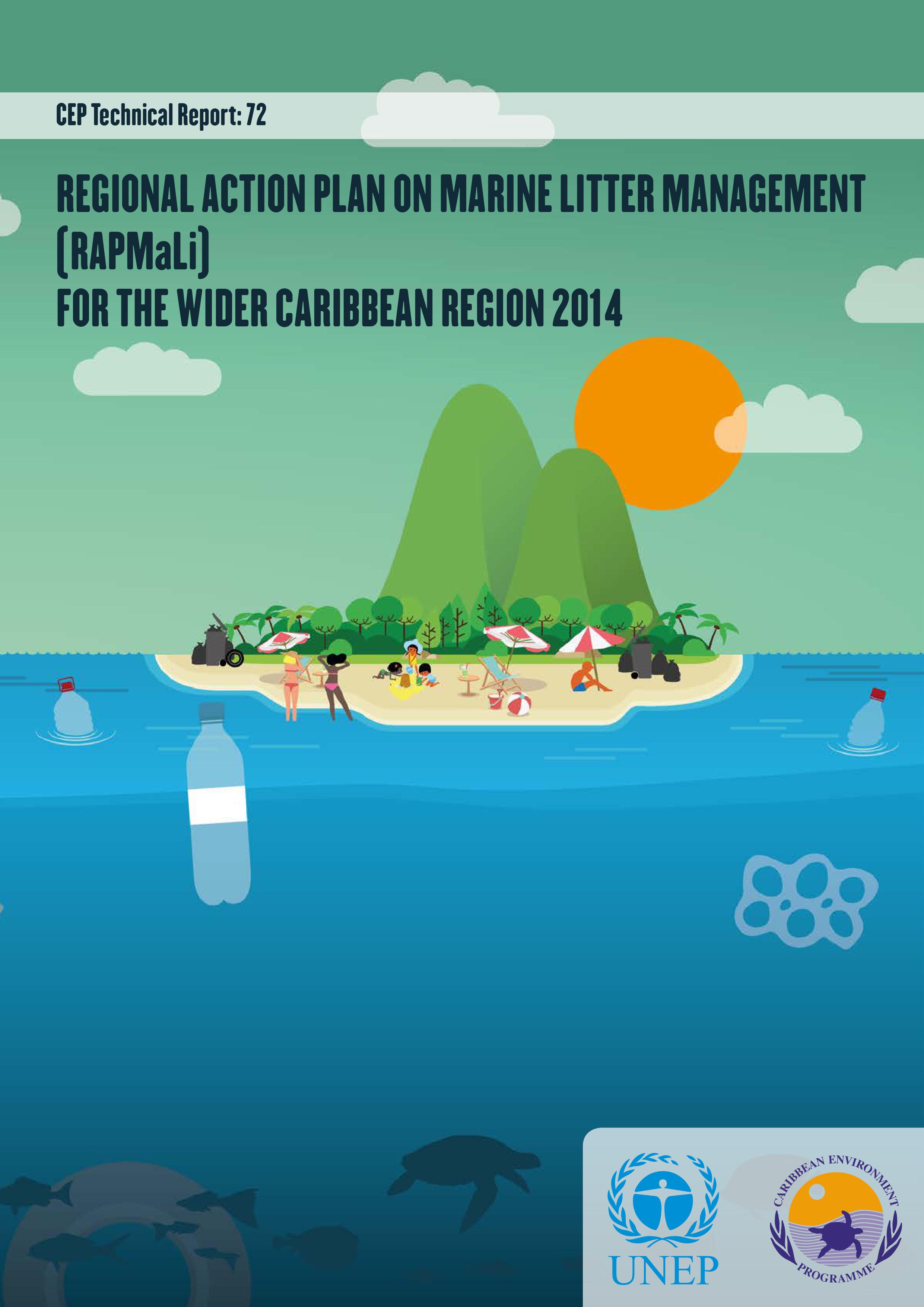
Regional Action Plan On Marine Litter Management (RAPMaLi) For The Wider Caribbean Region 2014
This document provides an update to the 2008 “Marine Litter in the Wider Caribbean: A Regional Overview & Action Plan” (RAPMaLi). The regional overview and development of the 2008 RAPMaLi was part of an initiative conducted by the United Nations Environment Programme-Caribbean Regional Coordinating Unit (UNEP-CAR/RCU) with financial support from UNEP’s Regional Seas Programme and the UNEP Global Programme of Action.
This update was commissioned by United Nations Environment Programme Caribbean/ Regional Coordinating Unit (UNEP CAR/RCU). Primary research and survey analysis was conducted by Jamilla Sealy and Waynelle Collymore-Taylor of the Caribbean Youth Environment Network (CYEN). Contributing author, Emily Franc, Johns Hopkins University, also provided extensive writing, research, case studies, and editing of this document.
Author: Corbin, C., Wedemier, S., and. Franc, E.
Year: 2014
Keywords: pollution
 4
4


 Report issue
Report issue
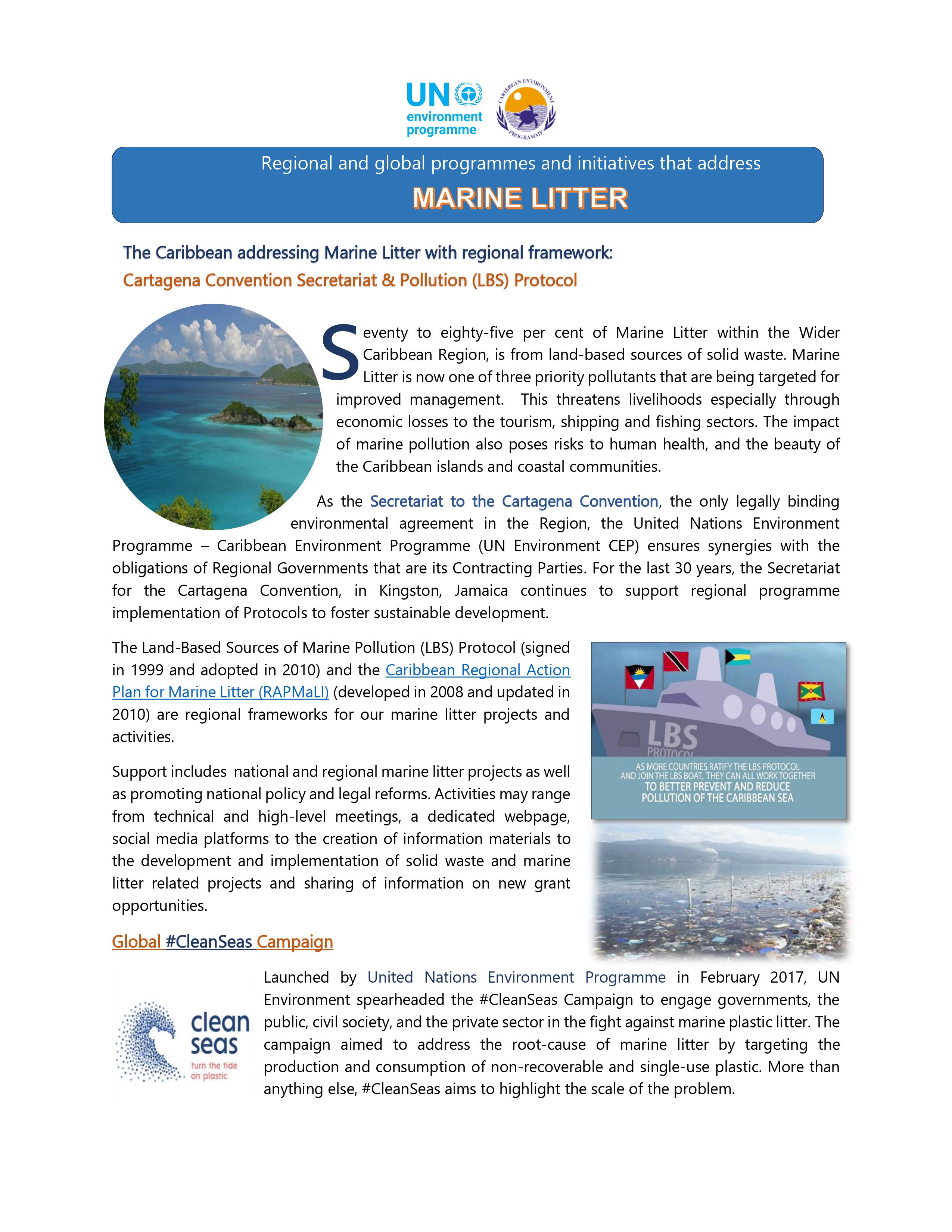
Regional and global programmes and initiatives that address Marine Litter
Sventy to eighty-five per cent of Marine Litter within the Wider Caribbean Region, is from land-based sources of solid waste. Marine Litter is now one of three priority pollutants that are being targeted for improved management. This threatens livelihoods especially through economic losses to the tourism, shipping and fishing sectors. The impact of marine pollution also poses risks to human health, and the beauty of the Caribbean islands and coastal communities.
Author: UNEP CEP
Year: 2019
Keywords:
 6
6


 Report issue
Report issue
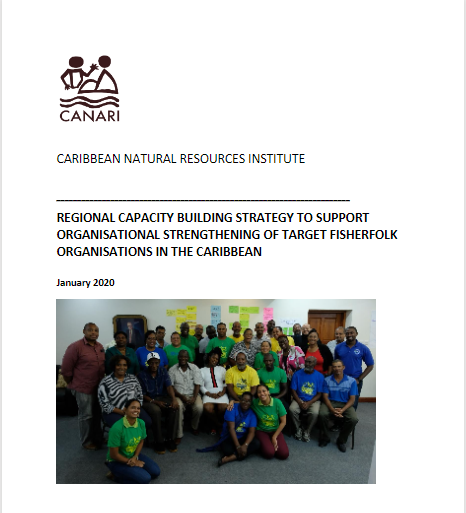
REGIONAL CAPACITY BUILDING STRATEGY TO SUPPORT ORGANISATIONAL STRENGTHENING OF TARGET FISHERFOLK ORGANISATIONS IN THE CARIBBEAN
he Developing Organisational Capacity for Ecosystem Stewardship and Livelihoods in Caribbean SmallScale Fisheries (StewardFish) project seeks to implement the 10-year Strategic Action Programme for the Sustainable Management of the Shared Living Marine Resources of the Caribbean and North Brazil Shelf Large Marine Ecosystems (CLME+ SAP) within seven Caribbean Regional Fisheries Mechanism (CRFM) Member States by empowering fisherfolk throughout fisheries value-chains to engage in resource management, decision-making processes and sustainable livelihoods with strengthened institutional support at all levels. The seven countries are Antigua and Barbuda, Barbados, Belize, Guyana, Jamaica, Saint Lucia and St. Vincent and the Grenadines.
As one of five regional executing partner organisations, the Caribbean Natural Resources Institute
(CANARI) is working in collaboration with the Caribbean ICT Research Programme of the University of the West Indies (UWI-CIRP), Caribbean Network of Fisherfolk Organisations (CNFO), the Caribbean Regional Fisheries Mechanism Secretariat (CRFM Sec.), the Centre for Resource Management and Environmental Studies of the University of the West-Indies (UWI-CERMES) and fisheries authorities (national executing partners) and fisherfolk leaders from the 7 project countries to execute the Food and Agriculture Organization of the United Nations/Global Environment Facility (FAO/GEF) funded StewardFish.
Author: CANARI
Year: 2020
Keywords: Stewardfish, fisheries, capacity building
 4
4


 Report issue
Report issue
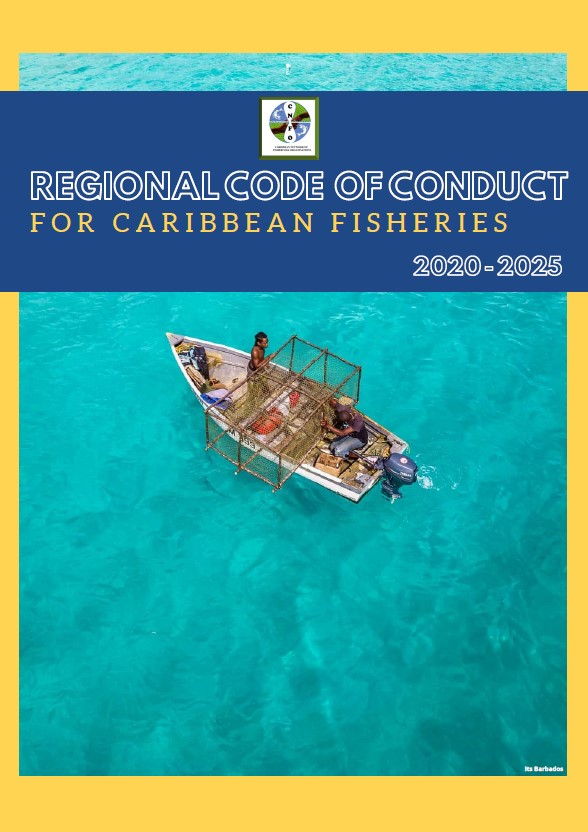
Regional Code of Conduct for Caribbean Fisheries 2020-2025
The regional code of conduct was formulated by the board members of the CNFO, with input from their
membership, in an effort to increase participatory application of EAF. This may be achieved by enhancing ecosystem stewardship for fisheries sustainability. This code sets out principles and standards of behaviour to ensure the well-being of fisherfolk through sustainable use, management, and development of both marine and freshwater living aquatic resources in the Caribbean. The objectives of this code are:
(a) to promote the contribution of SSF to an economically, socially and environmentally sustainable future for the Caribbean;
(b) to enhance ecosystem stewardship for fisheries sustainability; DFMR, Anguilla
(c) to provide guidance for the development and implementation of participatory policies,
strategies and legal frameworks for the enhancement of responsible and sustainable
small-scale fisheries; and
(d) to enhance public awareness and promote the advancement of knowledge on the culture, role,
contribution and potential of SSF, considering traditional knowledge, and related constraints
and opportunities.
Author: CNFO
Year: 2020
Keywords: StewardFish; Fisheries; Governance Ecosystem Based Management, fisheries, governance
 4
4


 Report issue
Report issue
Regional Fish Spawning Aggregation DRAFT Fishery Management Plan (FSAFMP) for the WECAFC region 2019
Author: FAO WECAFC
Year:
Keywords: Spawning Aggregation Working Group Spawning aggregation
 4
4


 Report issue
Report issue
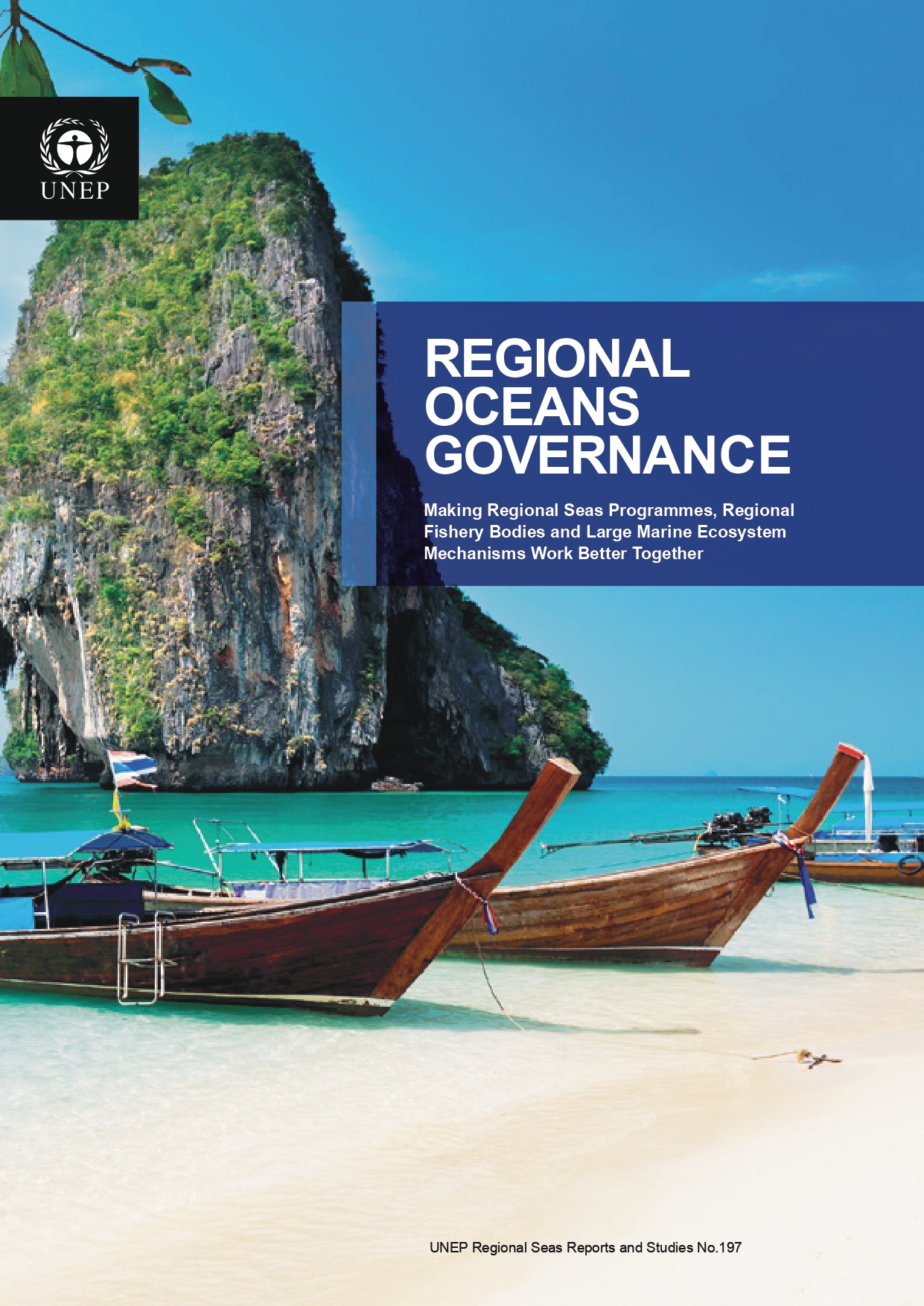
Regional Oceans Governance – Making Regional Seas Programmes, Regional Fishery Bodies and Large Marine Ecosystem Mechanisms Work Better Together
This review is intended to assist states that participate in existing regional oceans governance mechanisms, as well as those that are considering participating, by clarifying the key distinctions between their mandates, highlighting the successes and challenges of existing mechanisms, and outlining cooperation and coordination efforts. Options are identified for strengthening existing mechanisms and cooperation and coordination between them, as well as for the creation of new regional oceans governance mechanisms, with particular reference to EBM.
Author: Billé, R., Chabason L., Drankier P., J. Molenaar E., Rochette J.
Year:
Keywords:
 6
6


 Report issue
Report issue










